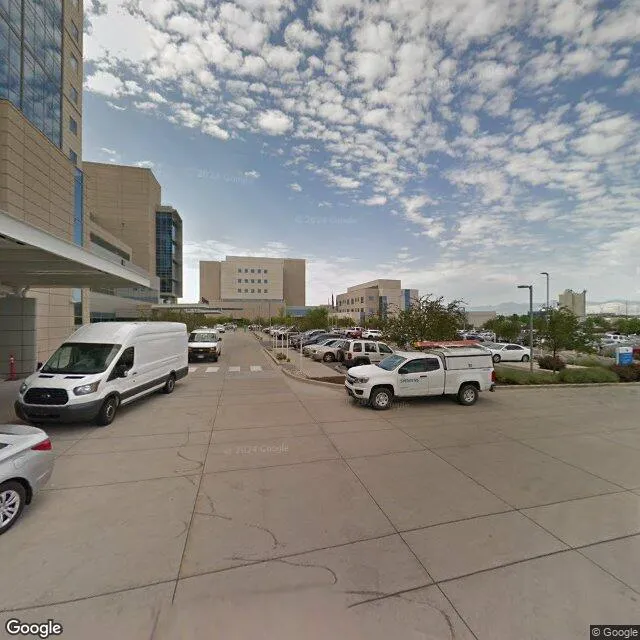Intermountain Medical Center


Monday: Open 24 hours
Tuesday: Open 24 hours
Wednesday: Open 24 hours
Thursday: Open 24 hours
Friday: Open 24 hours
Saturday: Open 24 hours
Sunday: Open 24 hours

Intermountain Medical Center in Murray, Utah, is a non-profit hospital offering specialized services including trauma care, ICU, and rehabilitation. Part of Intermountain Healthcare, it features modern amenities and is recognized for its outstanding patient care and community significance.
Intermountain Medical Center, located in Murray, Utah, is a premier, advanced hospital known for its comprehensive range of medical services. This facility is equipped to provide a broad spectrum of care, including critical services in emergency medicine, intensive care, and rehabilitation. Renowned for its specialized units such as the Med/Surg unit and ICU, it is recognized as a Level II Trauma Center, ensuring high-quality emergency care. Intermountain Medical Center operates as a non-profit organization which is part of the Intermountain Healthcare network, a well-respected health system in the region. With a commitment to excellence, the hospital has garnered multiple national accreditations and significant health rankings, affirming its dedication to patient care. The facility features a modern environment, located in a bustling metropolitan area, providing conveniences and amenities that cater to patient comfort and recovery. Recently renovated, the hospital includes innovative spaces designed for patient engagement and healing. Intermountain Medical Center has been a key health provider in the community, building a solid reputation for quality care over many years.
Do you manage this facility?
Claim your profile now to suggest edits to this page or post a shift.
Download the Nursa App

Until then, you can continue with the app to signup or login.
Address


Nursa's Favorites
Nursa reviews are only left by clinicians who have completed a shift at a specific healthcare facility using the Nursa app. Each review goes through a strict verification process to ensure authenticity and reliability. Make informed decisions with confidence, knowing that Nursa reviews are directly from other clinicians with real firsthand experience who have used the app to work at the facility. Verified. Reliable. Transparent.
Interested in this facility?

Pick Up a Job Today
Find per diem PRN job opportunities in your area. High paying CNA, LPN and RN and many more licences are available now.
Join NursaPost Your Jobs Today
Facilities who use Nursa fill 3 times as many open per diem shifts, on average, compared to trying to fill the shifts themselves.
Post Jobs












.svg)
